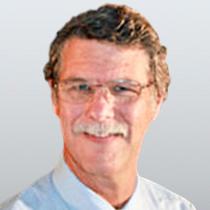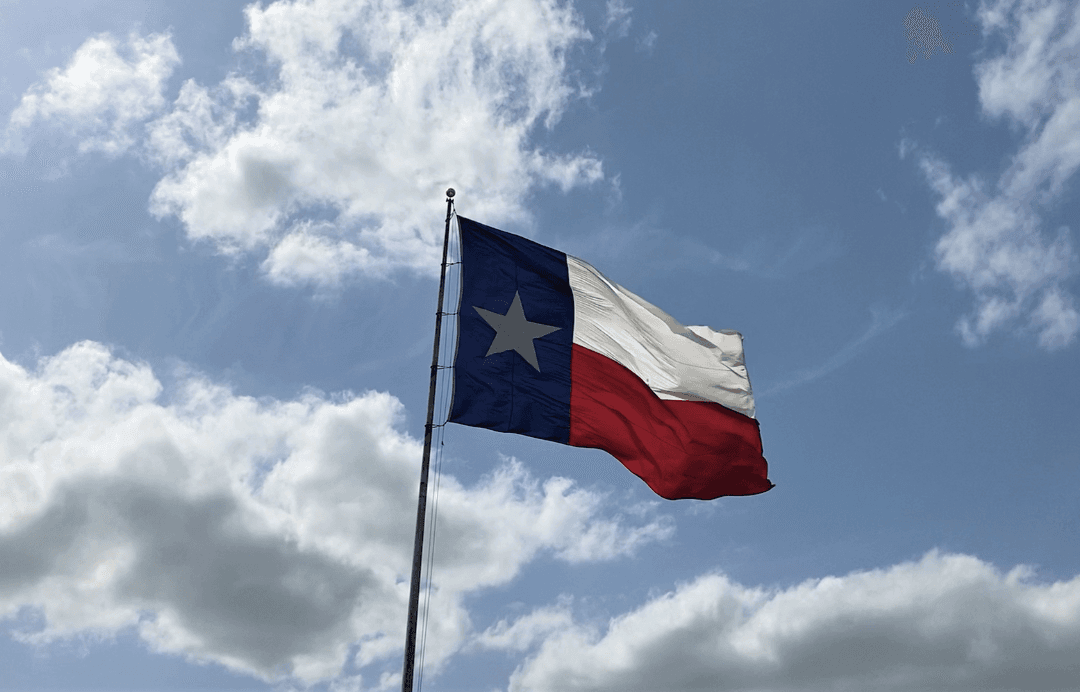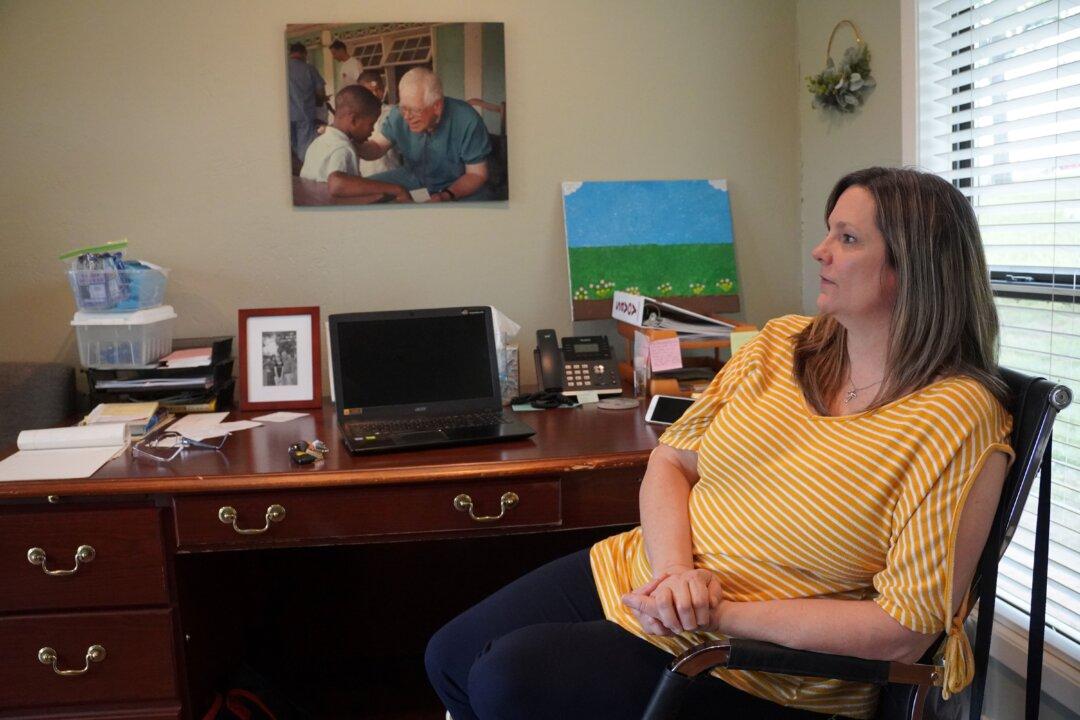Arizona native David Warner was used to traveling over great distances of water serving America as a petty officer aboard the aircraft supercarrier USS Independence (CV-62) in the 1970s.
But his most demanding and daring mission was being captain of his own 50-foot boat, the Nova Esperanza, traveling up the Amazon “about a week” upriver from the last major outpost of civilization, Manaus, Brazil.





